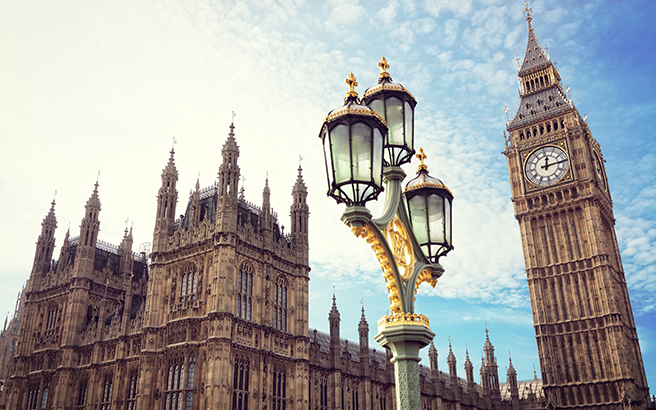Kate Oldridge-Turner, Head of Policy and Public Affairs, highlights the non-negotiable areas that the UK government must act on as it seeks evidence to develop its 10-year cancer plan.
The devastation of COVID-19 in the UK on public health, and cancer diagnosis and treatment, are all too clear to see, with delays in diagnosis, increased waiting times and more UK children than ever before living with obesity.
Therefore, the government’s 10-year cancer plan is welcome. However, prevention has typically been the poorer relation compared with the resources deployed into cancer care and diagnosis. Prevention needs to be embedded at the heart of the plan, especially as there are so many opportunities to strengthen prevention measures.
Here is our 5-point plan for prevention:
Strong political will and coordination
The government needs to promote prevention at the highest levels of leadership and adopt a health-for-all approach towards policy development. The cancer plan will fail if it is only supported by the Department of Health and Social Care. The UK needs to champion cancer prevention from the prime minister down and join up thinking across all government departments.
In June 2021, a paper in the scientific journal Nature Food warned that new free-trade agreements with the US and other countries could have a negative health impact if they led to the greater availability of energy-dense foods. Therefore, we believe health impact assessments should be built into trade negotiations under the new cancer strategy.
Lastly, policy interventions need to adopt a whole-of-society approach, with actions taken across the life course.
Acknowledgement of the importance of the environment
We believe that the plan should focus on creating healthy environments, especially given that the government recognises the importance of diet, physical activity, and alcohol-related risk factors. The plan should avoid stigmatising language that perpetuates negative stereotypes about addressing risk factors at an individual level.
Furthermore, there should be acknowledgement of the negative impact on cancer risk reduction, and this should be featured within the new plan, and connected to the government’s levelling up agenda. The forthcoming health disparity white paper also present important opportunities for cancer prevention given the rising health inequalities.
Stop promoting unhealthy food
We urge the government to keep the commitments outlined in its obesity strategy as well as recommendations outlined in the Obesity Health Alliance’s Turning the Tide – 10 year Healthy Weight Strategy.
We call on the government to ensure full implementation of new restrictions on retail promotions on unhealthy food and drinks. Government must also ensure that the new restrictions on advertising unhealthy products online and on TV are not delayed beyond January 2023.
The Soft Drinks Industry Levy incentivised manufacturers to make fizzy drinks healthier – the upcoming food strategy white paper is therefore an opportunity for the government to improve the overall choice environment.
Breastfeeding and infant nutrition
The plan needs to promote breastfeeding and optimal feeding practices for infants and young children that are free from commercial interest. Parents must be better protected from commercial influence on when, what, and how they feed their babies in line with the full implementation of the International Code of Marketing of Breastmilk Substitutes. Better regulation on the composition, labelling and marketing of infant foods must also be introduced.
No safe amount for alcohol
Lastly, we urge the government to recognise in its cancer plan that, for cancer prevention, there is no safe amount of alcohol. Our evidence shows that alcohol is a risk factor for seven cancers. To reduce cancer, we must reduce alcohol consumption, through minimum unit pricing, calorie and cancer warning labels and an increase in alcohol duty. These measures should be deployed in a much-needed alcohol strategy.
The government, through its 10-year cancer plan, wants far fewer people to be diagnosed with, and die from, cancer by 2032. This will not happen unless the government uses our 30 years of evidence and puts money and genuine effort behind prevention through a range of recommended policy interventions.

